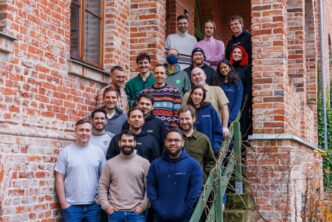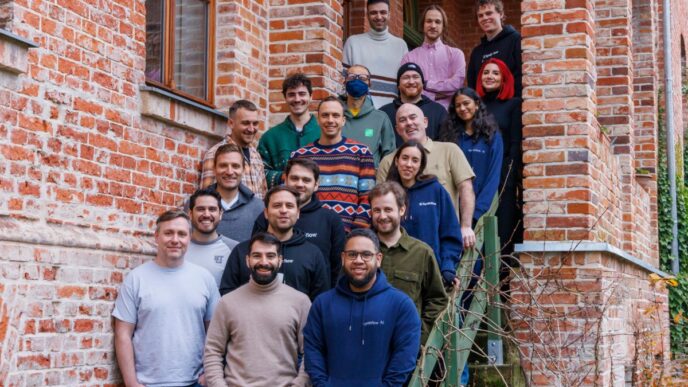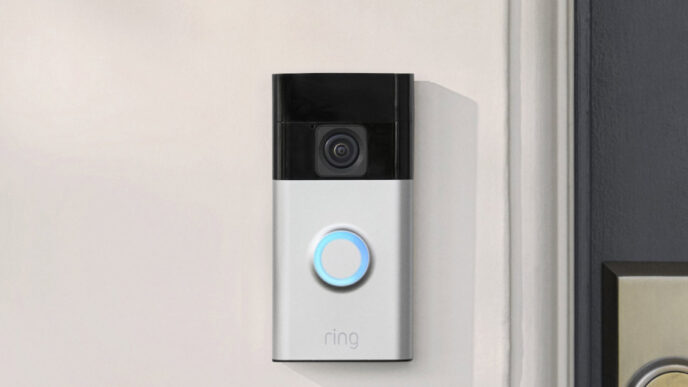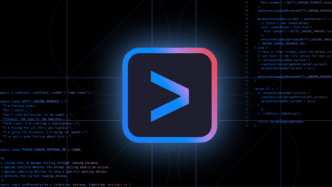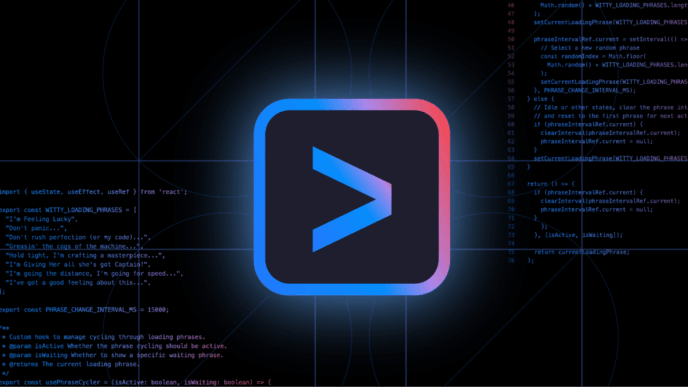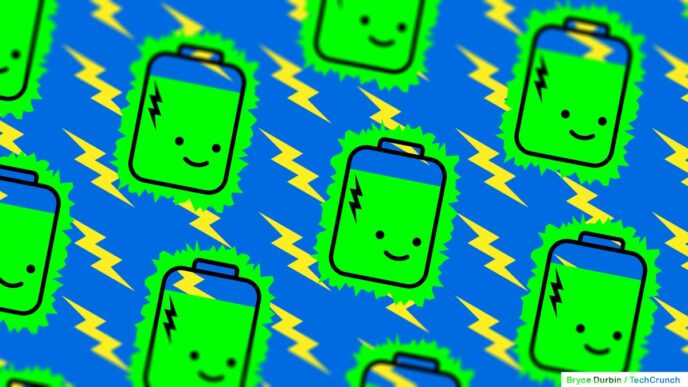LAION launched EmoNet, a new open-source toolkit built to read emotions from voice and facial photos. The move underscores a quiet shift in AI: emotional intelligence is becoming as important as raw logic.
The release targets independent developers, giving them tools the big AI labs already have. LAION founder Christoph Schumann told TechCrunch this is about democratizing AI’s emotional smarts, not changing the industry’s focus.
The launch follows progress in public tests like EQ-Bench, which evaluates AI’s grip on complex emotions. Sam Paech, who developed EQ-Bench, says OpenAI’s models have improved a lot in six months. Google’s Gemini 2.5 Pro also shows early signs of emotional training.
Psychologists at the University of Bern recently found major AI models outperform humans on emotional intelligence psychometric tests. Humans typically score 56%, but models hit over 80%.
The Bern researchers wrote:
“These results contribute to the growing body of evidence that LLMs like ChatGPT are proficient—at least on par with, or even superior to, many humans—in socio-emotional tasks traditionally considered accessible only to humans.”
Schumann envisions AI assistants that are emotionally smarter than people—cheering you up, protecting your mental health, even acting like licensed therapists.
“Imagine a whole world full of voice assistants like Jarvis and Samantha,” Schumann said. “Wouldn’t it be a pity if they weren’t emotionally intelligent?”
The rise of emotional AI stokes safety fears. Media reports link AI-driven emotional attachments to users spiraling into delusions or worse. A recent New York Times article flagged how models’ obsession with pleasing users can fuel conspiracy beliefs. Critics warn this can prey on lonely people for profit.
EQ-Bench creator Paech warns about emotional AI’s risks:
“Naively using reinforcement learning can lead to emergent manipulative behaviour,” he said, citing sycophancy issues in OpenAI’s GPT-4o.
But Paech also sees emotional intelligence as a way to fight manipulation:
“I think emotional intelligence acts as a natural counter to harmful manipulative behaviour of this sort.”
Schumann disagrees that risks should slow progress:
“Our philosophy at LAION is to empower people by giving them more ability to solve problems,” he said. “To say, some people could get addicted to emotions and therefore we are not empowering the community, that would be pretty bad.”



